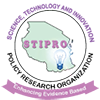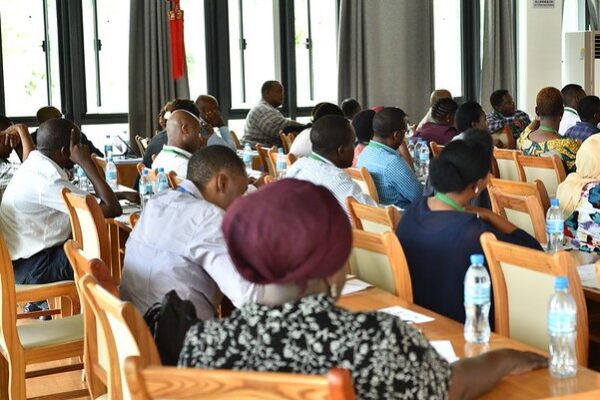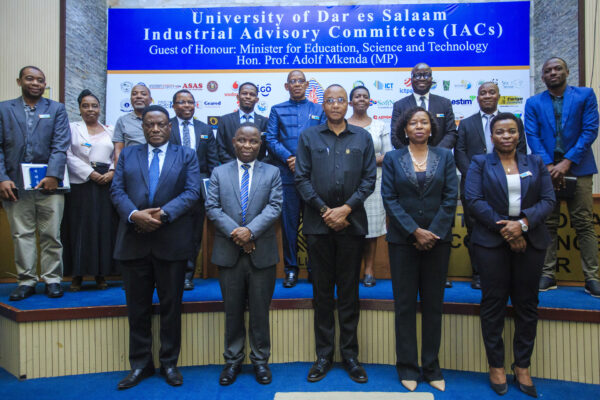19th November 2015
President of the African Research Network on Economics of Learning, Innovation and Competence Building systems (AfricaLics) Dr. Bitrina Diyamett officiated the International Conference on Unpacking Systems of Innovation for Sustainable Development in Africa in Kigali - Rwanda.
Giving the opening remarks, Dr. Bitrina Diyamett who also heads the Science, Technology and Innovation Policy Organization (STIPRO) said the 3 days Conference was the Second conference hosted jointly by Africalics and Rwanda University with major objectives of sharing and facilitating use of knowledge.
Explaining other objectives of the Conference, Dr. Diyamett noted that the Conference was organized to determine the state of the art within research community in Africa working in the field of innovation and development and providing a much needed arena for researchers in Africa, particularly early career researchers, to build capacity in presenting and networking skills as well as learning about new methods and theories.
She said innate in human is innovation and human beings, since time immemorial, had always endeavored to improve on their tools of production and modes of living. She however warned that under current environment of globalization, innovation had taken a new horizon – it is a tool for competitiveness, including survival.
“Without innovation, the very existence of our firms and farms, and ultimately our nations are at stake. In this regard Africa does not have options other than implementing good policies to guide innovative activities in their own countries. But good policies require good knowledge produced through high quality research.” She says
She further explained that in order for the African Continent to avoid marginalization, the Continent must address innovation knowledge imbalance by producing more knowledge that is relevant to its context; work more on connecting existing knowledge to use. She went on to say, that cannot happen in the absence of adequate capacity for such activities.




